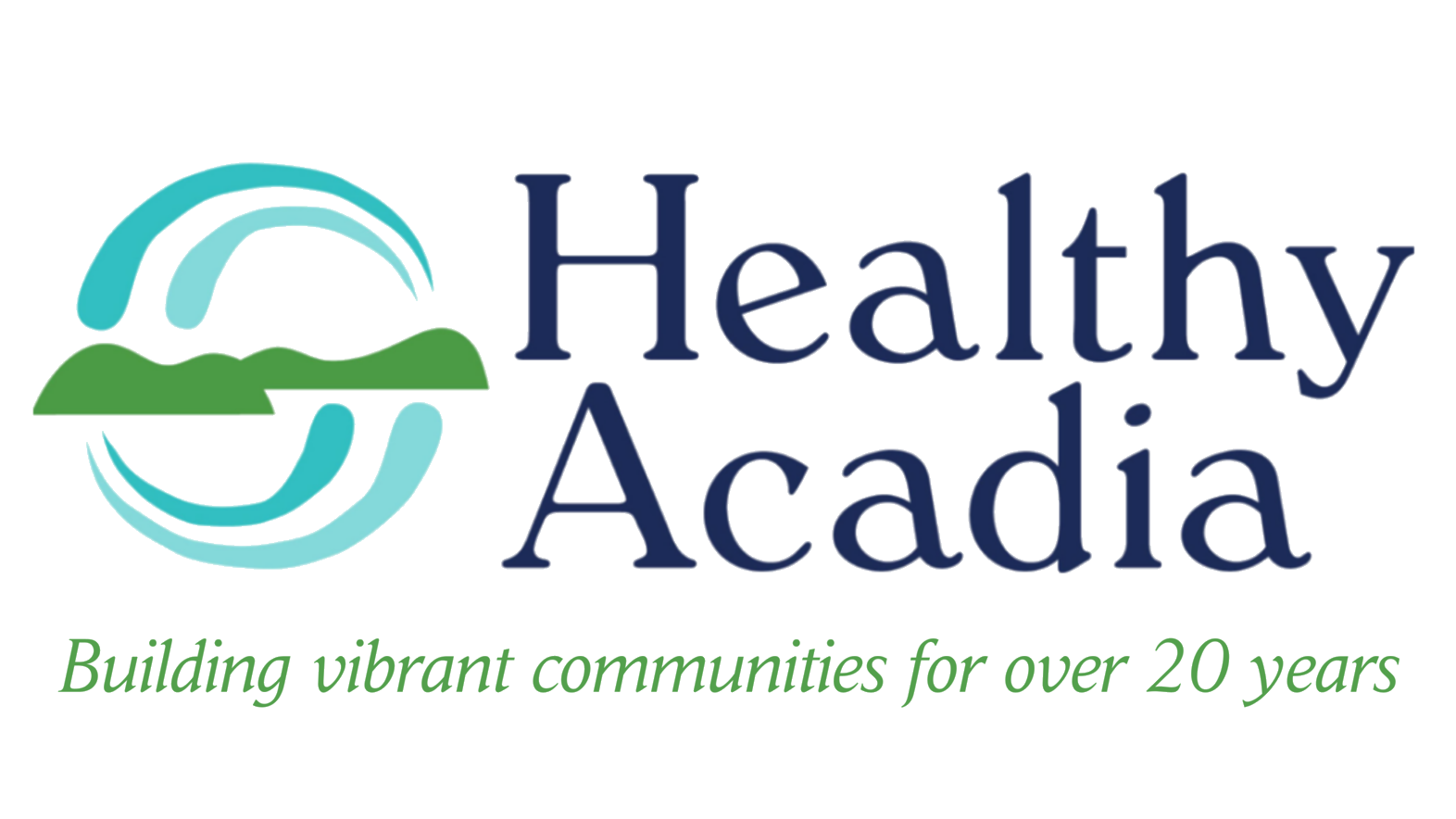Staff Spotlight: Angela Fochesato, Helping Patients Navigating Cancer During a Pandemic
The COVID-19 pandemic has had an extraordinary impact on the way many organizations and businesses work and function, and Healthy Acadia is no exception. Program coordinators and staff had to get creative in a hurry in order to continue providing community health programming and supportive services and comply with COVID-19 safety protocols. Our dedicated team members, and many community volunteers, came together to meet the challenge head-on, enabling our critical community health programs, including recovery coaching, food distribution, and cancer patient navigation, to continue without missing a beat.
Angela Fochesato is Healthy Acadia’s Community Health Program Manager in Washington County. She also serves as our Cancer Patient Navigator. Patient Navigators offer a range of services to support patients and caregivers in navigating their cancer journey through screening, diagnosis, treatment, recovery, and beyond. Navigators help to schedule and manage appointments, arrange transportation and safe housing with the necessary utilities, connect patients with health resources, including medical providers, community resources and supports, and social connections. Navigators also provide moral and emotional support for patients, their families, and/or caregivers, and so much more.
When COVID-19 arrived in Maine, in March 2020, Healthy Acadia immediately closed its offices to the public and mandated staff adherence to CDC health and safety protocols in order to reduce the spread of the virus, including indoor masks, physical distancing, frequent handwashing, and surface sanitation. Angela knew that cancer care had to change significantly, and immediately. “Cancer patient’s immune systems are often severely compromised due to chemotherapy and other standard treatment protocols, leaving them highly susceptible to [viral, bacterial, and/or fungal] infections.”
Angela quickly turned to providing home health visits instead of meeting patients in the office whenever possible. “[Our]Life coaching services and chronic disease support groups went online and attendance increased. We developed book clubs and played games. We even created a Thirsty Thursday event, where people shared tea recipes and did tea leaf readings.
“We got together a crew of community volunteers that gave out goody bags - masks, food handling guides, CDC guides. The volunteers did the grocery shopping, set up Zoom support groups, put together food boxes, set up Zoom consults with doctors and other caregivers, and worked with retired nurses and caregivers to do well checks.” Angela also noted that some patients, due to their severely compromised immune systems, needed to put their cancer treatments on hold or have their chemotherapy regimen altered to be taken in pill form so they could self-administer at home.
Patients who continued with in-person treatment could no longer bring anyone in with them, due to COVID-19 safety restrictions, leaving them alone for extended periods of time while they were receiving treatment and coping with related symptoms, which was difficult for all involved.
Technology posed an additional challenge - a number of patients and caregivers simply did not have the knowledge, electronic devices, or access to high-speed internet to quickly transition to online care. Angela collaborated with community partners to provide training and access to devices. “Libraries hooked up tablets for e-books and audiobooks to give patients something to do to occupy their minds. Tablets were also given out to patients and family members to keep lines of communication open.” Patients were also able to record important meetings with doctors so they could share all the information with their loved ones, as well as to keep connected virtually via Zoom to reduce feelings of isolation.
Though restrictions are starting to lift and things are getting back to “normal”, some of these beneficial new changes will remain. “Zoom consults for patients in Washington County will continue. Zoom for caregivers, patients, and doctors will keep everyone linked.”
She noted that during the pandemic, people started using the app, “LivingWith.” “This is an app where family members can go in and see how their cancer patient is doing. There is a schedule in there for caregivers to keep up with their own health. It’s helped family members and caregivers keep themselves on a healthy track and take care of the whole family, not just the patient.
“The cancer patient navigation program is so important because the [cancer] diagnoses keep coming at an alarming rate. Whether there is a pandemic happening or not, these individuals need support.”
In addition to serving as Washington County’s Cancer Patient Navigator, Angela also facilitates the National Diabetes Prevention and Lifestyle Change Program and has empowered hundreds of Washington County residents to improve their overall health and quality of life.
